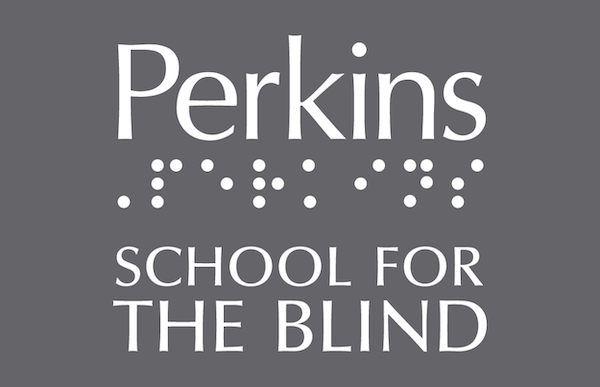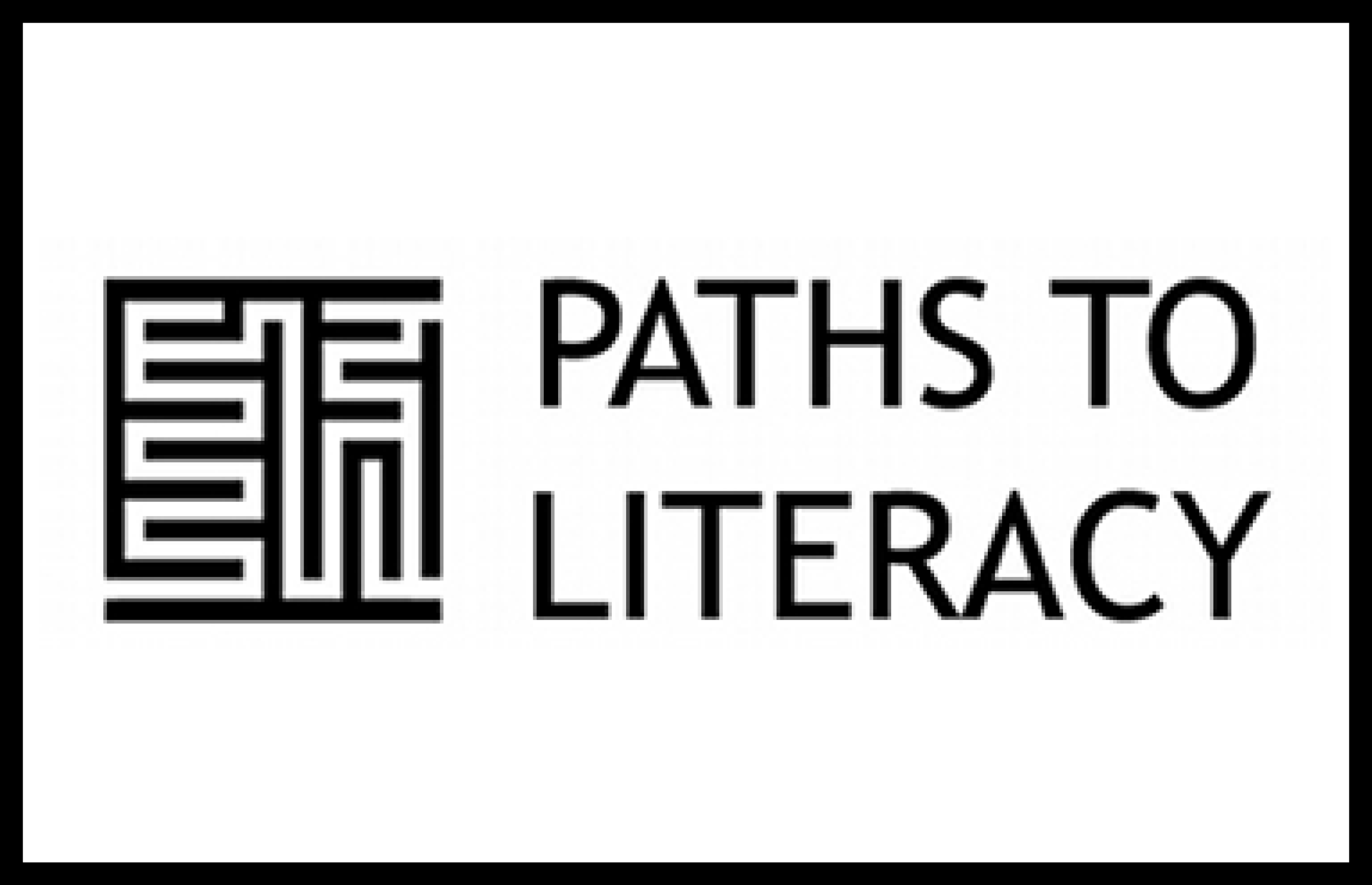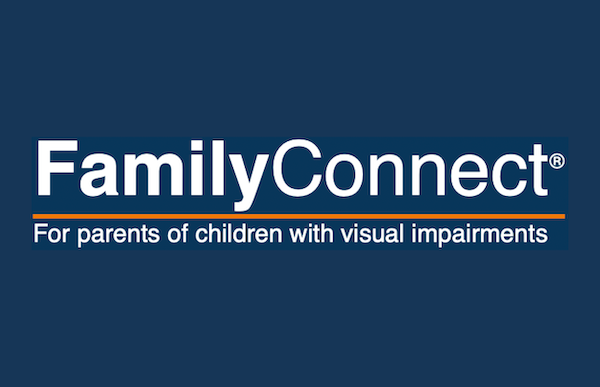Ohio Guidelines for Working with Students who are Blind or Visually Impaired
Expanded Core Curriculum (ECC)
The expanded core curriculum (ECC) refers to experiences and concepts casually and incidentally learned by sighted students that need to be systematically and sequentially taught to learners who are visually impaired. In addition to the general education curriculum in which all Ohio learners participate when they begin school, learners who are blind or visually impaired need an ECC to build their knowledge and skills related to living with a visual impairment, beginning at birth. The ECC areas include:
- Assistive technology skills, including optical devices
- Compensatory skills that permit access to the general curriculum
- Career education and planning
- Recreation and leisure skills
- Orientation and mobility skills
- Social interaction skills
- Sensory efficiency, including visual, tactual, and auditory skills
- Self-determination
- Independent living skills
Ongoing assessment of each of the ECC areas is critical for measuring success and ensuring independence. Instructional needs in the ECC areas can be addressed using a variety of service delivery, including instruction occurring more often in the classroom, outside of the classroom throughout the school environment, or in the community for vocational programing. Collaboration between professionals will ensure comprehensive services.


